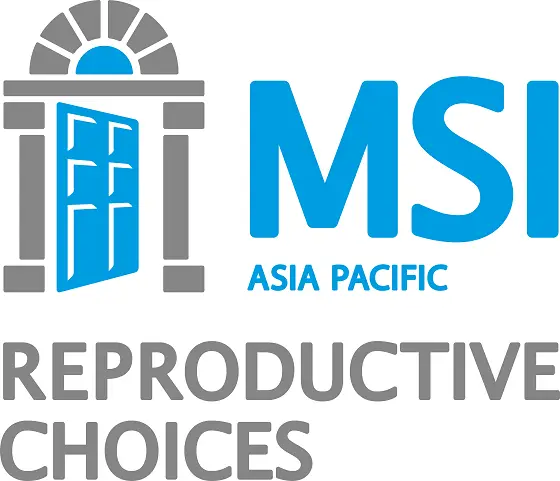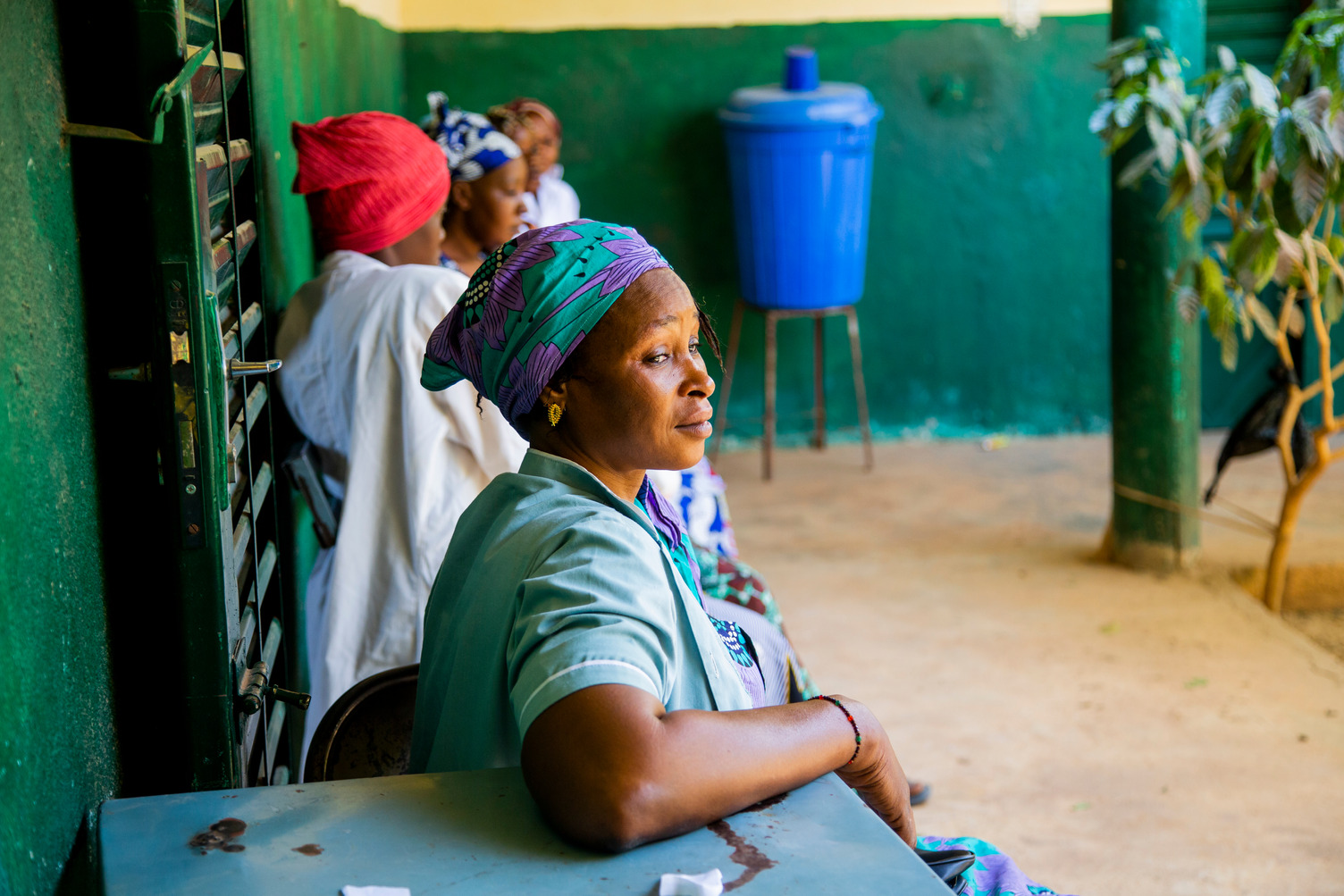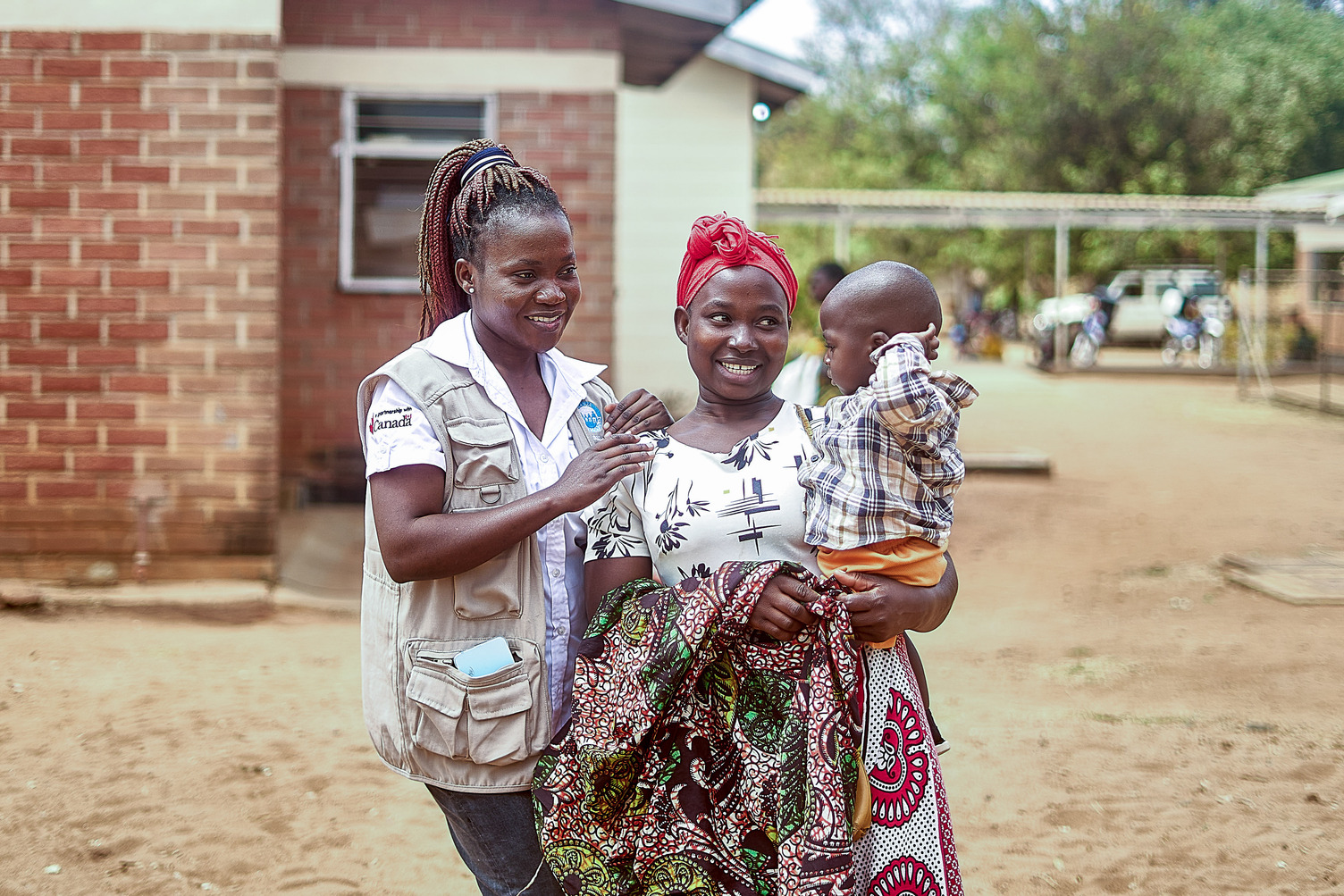Around the world, too many women still face a limited reality when it comes to contraception.
257 million women and girls around the world want to use contraception but do not have access to it. And for those that do have ‘access’, it might be super limited. If her health centre has only one option, she must take it or go without.
One option is not real choice.
Contraception is not one-size-fits-all
Everybody’s needs are different.
– A teenager may want a discreet, long-lasting method
– A new mother may choose something short-term until she’s ready for another baby
– A woman living through conflict may urgently need emergency contraception
The right method depends on her health, her circumstances, her lifestyle and just as importantly, her personal preference. Limiting her options can mean she ends up with something that doesn’t fit her life – or nothing at all.
Contraceptive options
Women should have access to a full range of methods, including:
– Condoms
– The pill
– Morning-after pill (emergency contraception)
– Injections
– Implants/rods
– IUDs (intrauterine devices)
– Vasectomy (for male partners)
– Tubal ligation (female sterilisation)
Having a variety of options means every woman can find the method that works best for her. Limiting her to just one choice can mean she ends up with something that doesn’t fit her needs – or worse, no contraception at all.
At MSI, we use Choice Kits (pictured) to demonstrate all the contraception options available to women and girls. These kits are powerful as they help us meet women and girls where they are, offering the full spectrum of options.
Instead of telling a woman “this is all we have,” our providers can say, “let’s find what’s right for you.”
Why variety matters
When women can choose from a full range of methods, they’re more likely to use contraception consistently and confidently. This reduces unplanned pregnancies, prevents unsafe abortions, and improves overall health.
Variety also protects women’s dignity and autonomy. It allows them to make decisions based on what they want, not what happens to be available.
The impact of access
When women can access the contraception they want and need, the benefits go far beyond individual health:
– Girls can stay in school longer.
– Women can plan their families and their futures.
– Communities benefit from healthier, more stable households.
Real choice, real freedom
Contraception is about more than health – it’s about freedom. The freedom to plan a family. The freedom to study, work, and thrive.
And true freedom only exists when women have real options.




